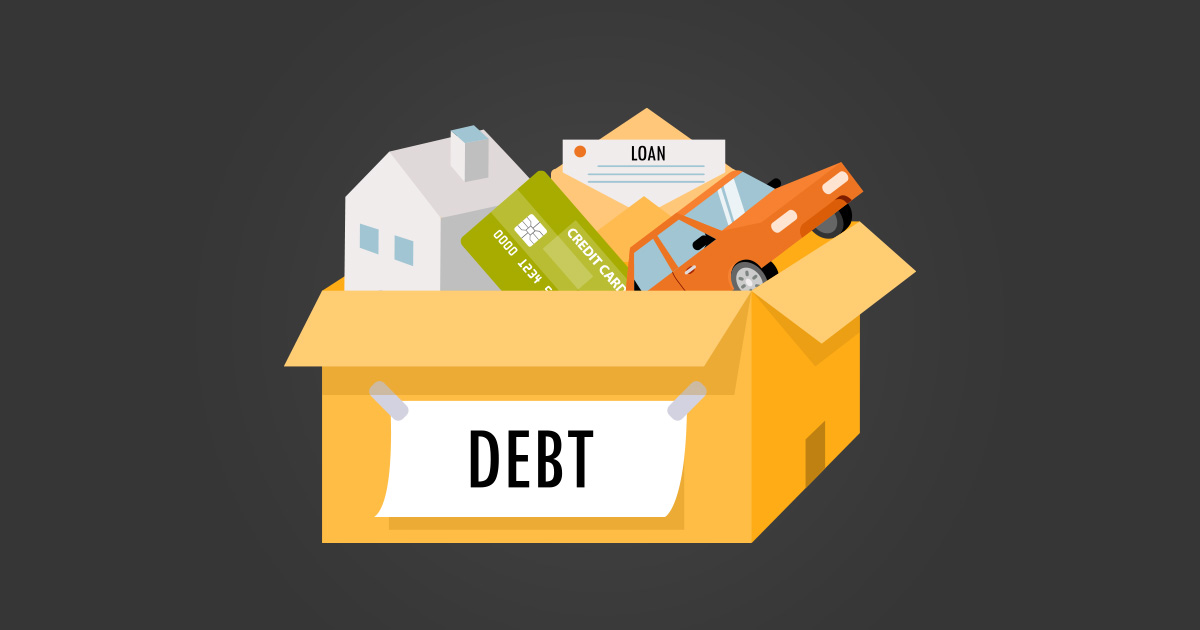Between auto, student and mortgage loans, debt is a reality for most of us, no matter how closely we monitor our spending. Earlier this year, COVID-19 led to record-high unemployment rates and left many Americans struggling to pay the bills—and manage existing debt. Here are a few ways you can stay in control of your debt even with reduced income.
- Avoid taking on additional debt
If you’re like more than 3.8 million Americans, your income likely declined considerably (or you may have stopped receiving a paycheck altogether) during the COVID-19 shutdown. As bills start piling up, take some time to review your expenses before you take out a loan to cover them or charge it on your credit card. By writing down all of your expenses, you can track when bills are due and prioritize your expenses. Once you know where your expenses are coming from (like phone bills, insurance coverage, etc.), you can contact each company to request payment extensions or even discounts to help reduce your overall expenses.
- Pay off debt for your long-term financial health
By prioritizing and paying off or paying down higher-interest debt first, you can reduce your overall debt burden and make a huge dent in how much interest you pay over the life of your loans. Not sure where to start? Take a look at credit cards or vehicle loans and consolidate for lower rates. Did you know you can work with a Verve team member to review your credit cards and loans and make a plan to consolidate and pay off debt?
- Save for just in case
If you have received or are expecting a federal stimulus check and you don’t have an immediate, urgent need, now is the time to save. Add it to your emergency fund—and if you don’t have an emergency fund, your federal stimulus check is a great start. Aim to have three to six months’ worth of expenses covered in your emergency fund.
How Verve can help
If you want to reduce your debt by consolidating high-interest credit cards or loans, or need help making ends meet with a reduced income, call Verve at 800.448.9228. We can review your financial situation and help you get back on track.
It’s Verve’s goal—in line with our guiding seven Cooperative Principles—to provide education, training and information to help our members stay financially fit. Verve is committed to keeping our members educated when it comes to their finances by providing details on financial risks and ways to stay safe. Help your friends and family learn how to manage their debt wisely by sharing this blog post.






 Federally Insured by NCUA |
Federally Insured by NCUA |  Equal Housing Opportunity |
Equal Housing Opportunity |